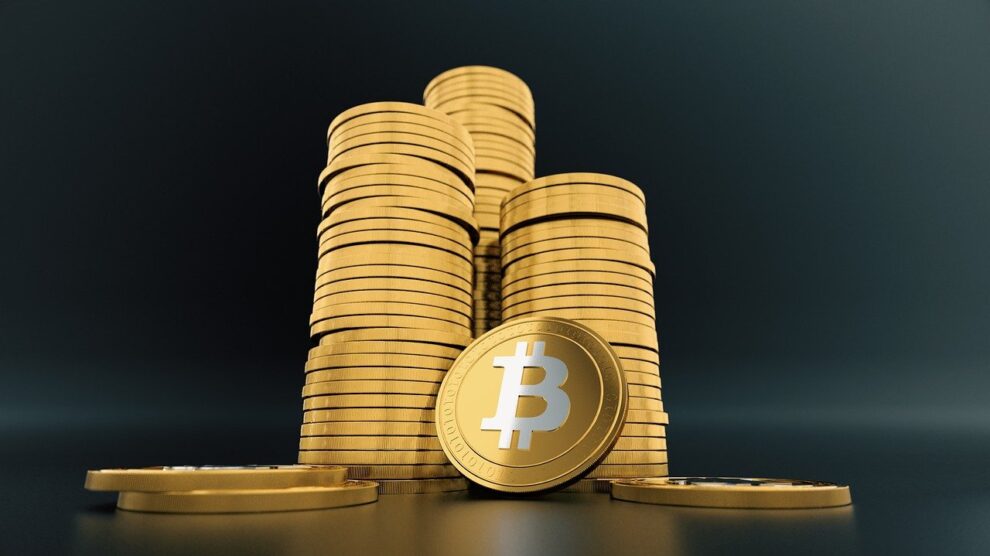Cryptocurrency has been all over the news recently. First, there were the weekly ‘Bitcoin Hits All-Time High’ articles. Then followed the ‘Crypto Crash’ pieces of 2018. For someone not familiar with the sphere, it looks like a highly dangerous thing to get involved with in that it has the potential for great rewards or losses. This is true. No one really knows the future of cryptocurrency. It could literally be rags or riches.
What’s more, the cryptocurrency market has been flooded with a lot of run-of-the-mill or even scam projects dressed up as an innovation since the prices started to explode last year. This makes navigating the potential offerings difficult even for experts.
What are your goals with Crypto?
To assess the risks and potential benefits of cryptocurrency, it’s important to consider a few different things. First, what is your purpose? Do you want to get rich from investing or do you want to use it for some of its more immediately useful qualities? Secondly, which cryptocurrency are you talking about? Are you willing to buy Bitcoin or invest in a fresh but seemingly promising coin?
Each project looks to tackle a different problem in the world today. Some of these solutions seem useful and could indeed provide a worthy investment or an innovative product. Meanwhile, others are just ‘get-rich-quick’ schemes for their founders and have either folded or produced nothing of worth in months after releasing a whitepaper and requesting funding. There is a lot to think about.
Using Cryptocurrency
If you actually want to use a digital currency as a means of payment, the risks involved are minimal while the benefits are great. The likes of Bitcoin allow for cross-border, cheap, and fast transactions. You can buy some from a trading venue or brokerage and immediately send it to any corner of the world. Once received, they can sell it using a peer-to-peer exchange and receive whichever fiat currency they need in minutes.
Clearly, this is a very powerful and potentially disruptive technology we’re dealing with here. Currencies like Bitcoin can be used to completely sidestep traditional banking infrastructure. You can even send them to people with no access to banking at all. Such a transformative innovation would probably be worth investing in too, right?
Investing and holding
Here is the part where the risk comes in. If you’ve watched coins go from just cents less than ten years ago to almost $20,000 in December of last year, you might be thinking that this could make you rich. Well, the truth is, it could.
However, each digital currency comes with its own set of risks, as well as its own potential to disrupt different industries. Some, like Bitcoin, have stood the test of time and continue to gain in price despite the occasional bubble of hype along the way. Meanwhile, others are a much more speculative investment.
Bitcoin as the major crypto
That said, even Bitcoin is not a completely safe bet. There could be a technology to come to the market and completely destroy the cryptography that secures the network. Likewise, financial regulators could come down upon Bitcoin so hard that it would slash the price. Even if cryptos were made completely illegal across the globe, it is unlikely that they would die.
Bitcoin does possess some properties that make it the justified king of crypto. First, it has no known founder. This means that no one can influence the direction of the currency or be bribed to change the consensus rules of Bitcoin.
Bitcoin is also the most secure cryptocurrency. The world’s largest network of computer systems ever created verifies the rules of the network and ensures that every transaction is completely legitimate. No other digital currency offers this level of decentralized security.
Bitcoin shares many properties with gold and represents a sound form of money. There is a finite supply of Bitcoin that is released at regular intervals. It is hugely divisible, easily and cheaply stored, and can be transacted across the globe in minutes. These qualities, combined with its sound monetary policy, make it akin to modern digital gold.
Finally, Bitcoin has already experienced some promising regulations. The US SEC has stated that it categorically was not to be treated in the same light as a traditional security. So, Bitcoin is much more unlikely than any other digital asset to be regulated into extinction these days.
What About the Rest?
When we come to alternative coins, there is a whole lot more risk. First, most of them try to compete directly with Bitcoin, but they are unlikely to succeed so far. They still might experience some growth, and they probably will, because there is so much hype in the space. However, investors would need to know exactly when to sell up, which is incredibly difficult. Timing the market requires more time studying charts than is feasible for all but professional traders.
Other cryptocurrencies claim to solve a plethora of other problems. From the fully programmable base network of applications that Ethereum represents to the likes of Musicoin, seeking to decentralize the music industry. However, these projects represent a far riskier proposition than Bitcoin. Will they deliver on their promises? Does the world even need such a service? Are they legal? These are all questions that an investor-to-be needs to answer.
To conclude
Bitcoin and other cryptos have the potential to be hugely beneficial to humankind. They could remove many of the middlemen in various industries. But cryptocurrencies also hold a lot of risks. Many cannot put to action their promises or just fail, so weigh everything up before investing in crypto and using it.





